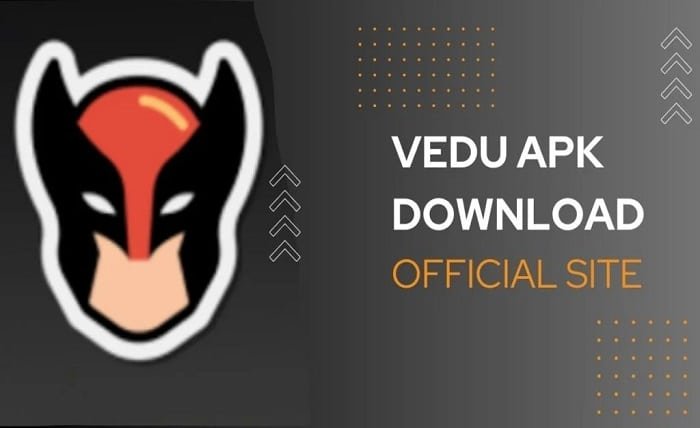Harnessing the Power of Business Object Repository for Streamlined Operations
A business object repository (BOR) is a crucial component in modern enterprise architecture, serving as a centralized database where business objects are stored and managed. This blog post explores the definition, importance, and practical applications of a business object repository, providing insights into how businesses can leverage this technology to improve their operational workflows.
Business Object Repository
A business object repository acts as a vital storage point for metadata and definitions of business objects used across various applications within a company. This section delves into the architecture and composition of a business object repository, explaining how it facilitates better data management and integration in business processes.
Benefits of Implementing a Business Object Repository
The implementation of a business object repository brings numerous benefits to an organization, including enhanced data consistency, improved accessibility, and streamlined processes. This part discusses the key advantages of utilizing a business object repository and how it can lead to more efficient and error-free operations.
Key Components of a Business Object Repository
Understanding the components that make up a business object repository is essential for its effective use. This section breaks down the elements such as metadata models, interfaces, and object instances, providing a comprehensive overview of what constitutes a business object repository.
Integration Strategies for Business Object Repository
Integrating a business object repository with existing IT infrastructure is a critical step for maximizing its benefits. This subheading explores various strategies for integrating a business object repository into different business systems and applications, highlighting best practices for a seamless integration process.
Business Object Repository and Data Security
Data security is paramount when managing a business object repository due to the sensitive nature of the stored information. This part examines the security measures that can be implemented to protect data within a business object repository, including access controls and encryption techniques.
Role of Business Object Repository in Business Intelligence
A business object repository plays a significant role in enhancing business intelligence systems by providing a reliable source of data for analysis. This section explores how a business object repository can be utilized to support business intelligence and analytics, leading to better decision-making processes.
Managing Change with Business Object Repository
As businesses evolve, the data stored in a business object repository will need updates and modifications. This segment discusses the best practices for managing changes within a business object repository, ensuring that it remains relevant and accurate over time.
Business Object Repository in Different Industries
The application of a business object repository varies across different industries such as finance, healthcare, and manufacturing. This part provides examples of how various sectors leverage a business object repository to address industry-specific challenges and improve efficiency.
Challenges and Solutions in Business Object Repository Management
While a business object repository offers numerous benefits, it also comes with its set of challenges such as scalability, maintenance, and integration issues. This section addresses these challenges and provides practical solutions to overcome them, ensuring the effective management of a business object repository.
Future Trends in Business Object Repository
The landscape of business object repositories is continually evolving with the integration of new technologies like AI and machine learning. This subheading predicts future trends and developments in the realm of business object repositories, offering insights into what businesses can expect in the coming years.
Case Studies: Successful Business Object Repository Implementations
Real-world examples of successful business object repository implementations can provide valuable lessons for organizations looking to adopt this technology. This part showcases several case studies where businesses achieved significant improvements in data management and operational efficiency through the use of a business object repository.
Conclusion
The business object repository is a transformative tool that can significantly enhance the data management capabilities of an organization. By centralizing the storage and management of business objects, companies can improve their operational efficiencies, secure their data, and leverage information for strategic advantages.
FAQs
1. What is a business object repository? A business object repository is a centralized database where metadata and definitions of business objects are stored and managed, facilitating improved data integration and accessibility.
2. How does a business object repository benefit a business? It enhances data consistency, improves accessibility to business-critical data, and supports streamlined business processes, leading to increased operational efficiency.
3. What are the key components of a business object repository? The key components include metadata models, interfaces, and object instances that define the structure and accessibility of data.
4. What are common challenges associated with managing a business object repository? Common challenges include maintaining data accuracy, ensuring scalability, and integrating the repository with existing systems and technologies.
5. How can a business object repository improve business intelligence? It provides a reliable data source for business intelligence tools, which helps in conducting thorough data analyses and making informed decisions.







